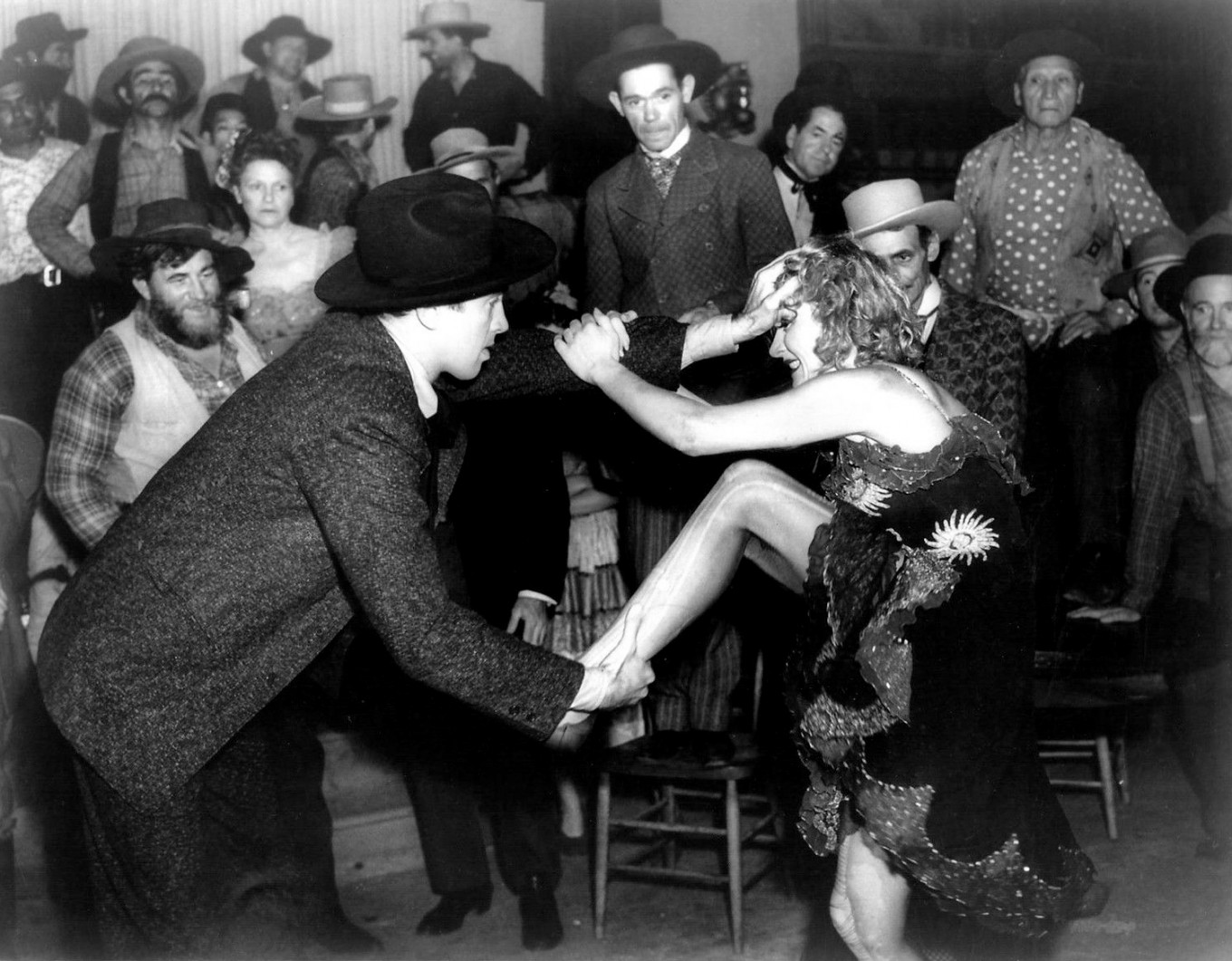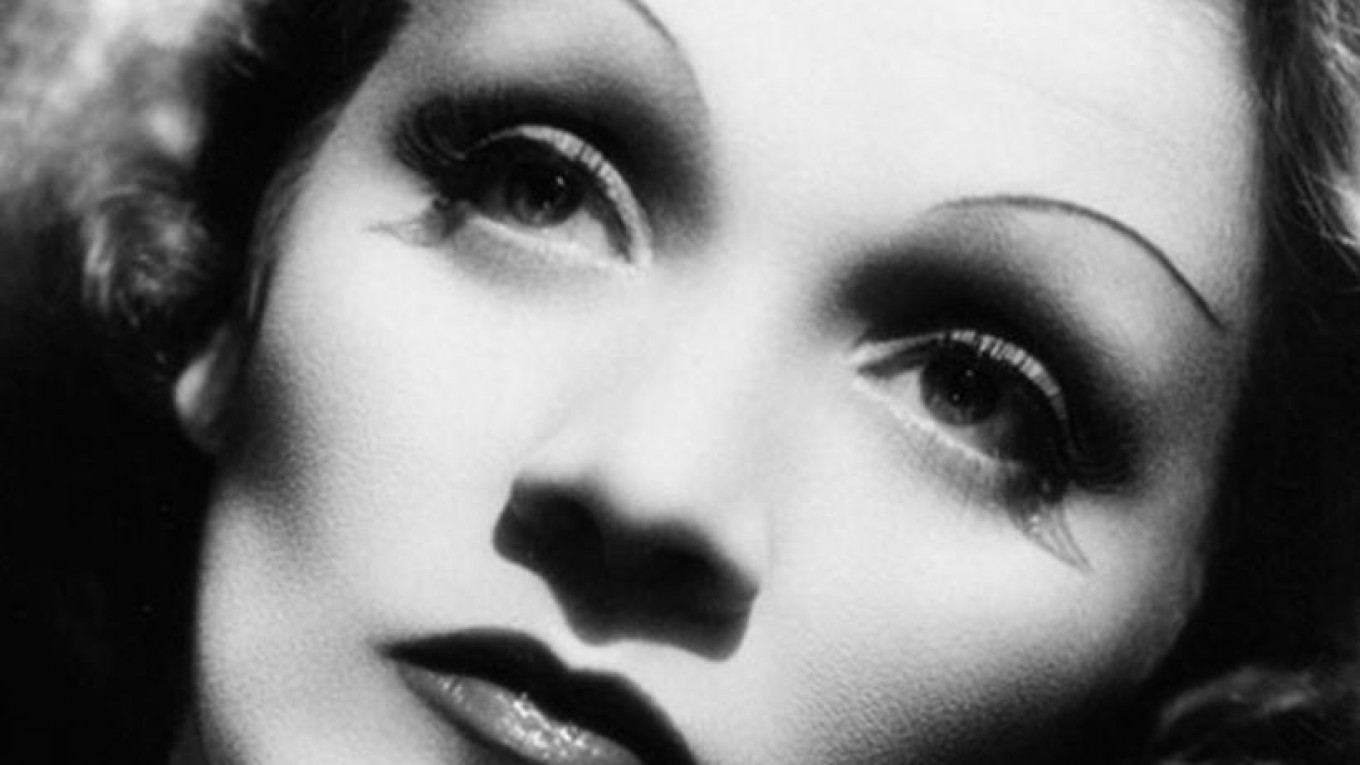It’s Big History, Big Stardom and Big Brainpower Week on Moscow TV, as small-screen viewers get some very good looks at the revolution of February 1917 as it actually happened; Marlene Dietrich, the iconic German-American actress and singer who inspired imitators from Lyubov Orlova to Marilyn Monroe; and Yury Lotman and Isaiah Berlin, two of the smartest white guys of the 20th century. Here’s the where and when:
Monday marks the
100th anniversary of the February revolution, a critical series of events in
modern Russian history that was tenaciously misrepresented by Soviet
historiography for most of the last century – which means that much of today’s
TV audience still has little notion of what actually happened and what it meant.
Kudos to Kultura for bringing a comprehensible vision of 1917 a step closer with
“The Present Is the Past: The Provisional Committee at the Helm of the
Revolution” (2017), a documentary that combines critical images of the time
(photographs, documents, newsreels, the press) with critical analysis from our
era (five historians from various institutions).
A second installment in the Present-Past series, this one on Grand Prince
Nikolai Mikhailovich Romanov (“The Prisoner in Cell 207”), airs Tuesday.
The Present Is the Past: The Provisional
Committee at the Helm of the Revolution Настоящее – прошедшее. Временный комитет у руля
революции. Kultura, Monday at 6:45 p.m.
The Present Is the Past: The Prisoner in Cell 207. Настоящее – прошедшее. Заключенный камеры №207. Kultura, Tuesday at 6:45 p.m.

Monday also marks the beginning of an excellent five-part retrospective on the life and work of a cinema legend: “Illusion: The Angels and Demons of Marlene Dietrich.” The series begins with Josef von Sternberg’s steamy Spanish romance “The Devil Is a Woman” (1935), the very title of which supposedly fogged people’s glasses. On Tuesday viewers get the classic George Marshall western “Destry Rides Again” (1939), in which Dietrich’s saloon singer Frenchy is tamed by rule-of-law lovin’ deputy Thomas Jefferson Destry (James Stewart). Wednesday brings the exotic René Clair comedy “The Flame of New Orleans” (1941), a big-budget costumer of the ante bellum South that Russians like even more than Americans (6.9/10 on KinoPoisk vs. 6.6/10 on the Western-weighted IMDB site). The film retrospective ends Thursday with Billy Wilder’s “A Foreign Affair” (1948), a romantic comedy with serious political overtones that features Dietrich as an “ex-Nazi cafe singer” facing arrest and a labor camp sentence.
The four Dietrich films are supplemented by a good biographical entry on the star from social chronicler Vitaly Vulf (“My Silver Sphere: Marlene Dietrich,” 2004) and by a 1972 concert-film made for television that includes some of the star’s classic numbers ("An Evening With Marlene Dietrich,” featuring “Lili Marlene” and “Falling in Love Again” in both English and German).
The Devil Is a Woman Дьявол – это женщина. Kultura, Monday at 12 midnight and Tuesday at 3:15 p.m.
Destry Rides Again Дестри снова в седле. Kultura, Tuesday at 12 midnight and Wednesday at 3:15 p.m.
The Flame of New Orleans Нью-Орлеанская возлюбленная. Kultura, Wednesday at 12 midnight and Thursday at 3:15 p.m.
A Foreign Affair Зарубежный роман. Kultura, Thursday at 12 midnight and Friday at 3:15 p.m.
My Silver Sphere: Marlene Dietrich Мой серебряный шар. Марлен Дитрих. Kultura, Thursday
at 12 midnight
An Evening with Marlene Dietrich Марлен Дитрих.
Концерт в Лондоне.
Запись
1972 года. Kultura,
Saturday at
12:45 a.m. and 2:35 p.m.

Tuesday is the 95th birthday of Yury Lotman, the celebrated philologist and philosopher who from 1951 onward spent most of four decades creating and spreading a canon of Russian cultural scholarship unique in his homeland and the world. Every Soviet intelligent worthy of the name came to recognize Lotman (1922-1993), the big-mustachioed, Einstein hair-channeling semiotician who emerged as an unlikely TV star late in the perestroika period through his popular series of “conversations” on Russian culture made for Estonian TV. Kultura honors the Lotman legacy this week with the fine Genrikh Zdanevich documentary “The Space of Yury Lotman” (2012) and the first four segments Lotman’s classic six-part auteur production “Pushkin and His Entourage” (1991). This cycle examining Russia’s greatest poet through the society around him is about as good as high-dome TV gets – and makes you wonder how long Russian culture will have to wait for another televised champion this perceptive and accessible.
The Space of Yury
Lotman Пространство Юрия Лотмана. Kultura, Tuesday at 10:50 p.m.
Pushkin and His Entourage Пушкин и его окружение. Kultura, Tuesday through Friday
at 2:00 p.m. (parts 1-4)
If Lotman’s erudition
isn’t enough, Wednesday night also offers an entry in the sadly-limited genre
of Television That Makes You Smarter: Tatyana Malova’s excellent documentary “Isaiah
Berlin: The Guest from the Future” (2009) recounts the remarkable “cross-cultural
adventure story” of the two-day visit to Anna Akhmatova in 1945 paid by the
worldly Berlin, then a British diplomat. The semi-secret Leningrad
conversations between the poet and the Riga-born Oxford philosopher became the
inspiration for Akhmatova’s “Poem Without a Hero” – and set the stage for her
equally unlikely visit to Oxford twenty years later to collect an honorary
degree. What these two great and greatly different minds had in common and
chose to discuss in the Soviet Union some four decades before perestroika is
revealing in itself and timely for viewers today. Tune in, be surprised and
entertained, and feel your IQ rise in the process.
Isaiah Berlin: The Guest from the Future Исайя Берлин. Гость из
будущего. Kultura, Thursday at 1:20 a.m.
Mark H. Teeter is the editor of Moscow TV Tonite on Facebook.
A Message from The Moscow Times:
Dear readers,
We are facing unprecedented challenges. Russia's Prosecutor General's Office has designated The Moscow Times as an "undesirable" organization, criminalizing our work and putting our staff at risk of prosecution. This follows our earlier unjust labeling as a "foreign agent."
These actions are direct attempts to silence independent journalism in Russia. The authorities claim our work "discredits the decisions of the Russian leadership." We see things differently: we strive to provide accurate, unbiased reporting on Russia.
We, the journalists of The Moscow Times, refuse to be silenced. But to continue our work, we need your help.
Your support, no matter how small, makes a world of difference. If you can, please support us monthly starting from just $2. It's quick to set up, and every contribution makes a significant impact.
By supporting The Moscow Times, you're defending open, independent journalism in the face of repression. Thank you for standing with us.
Remind me later.







